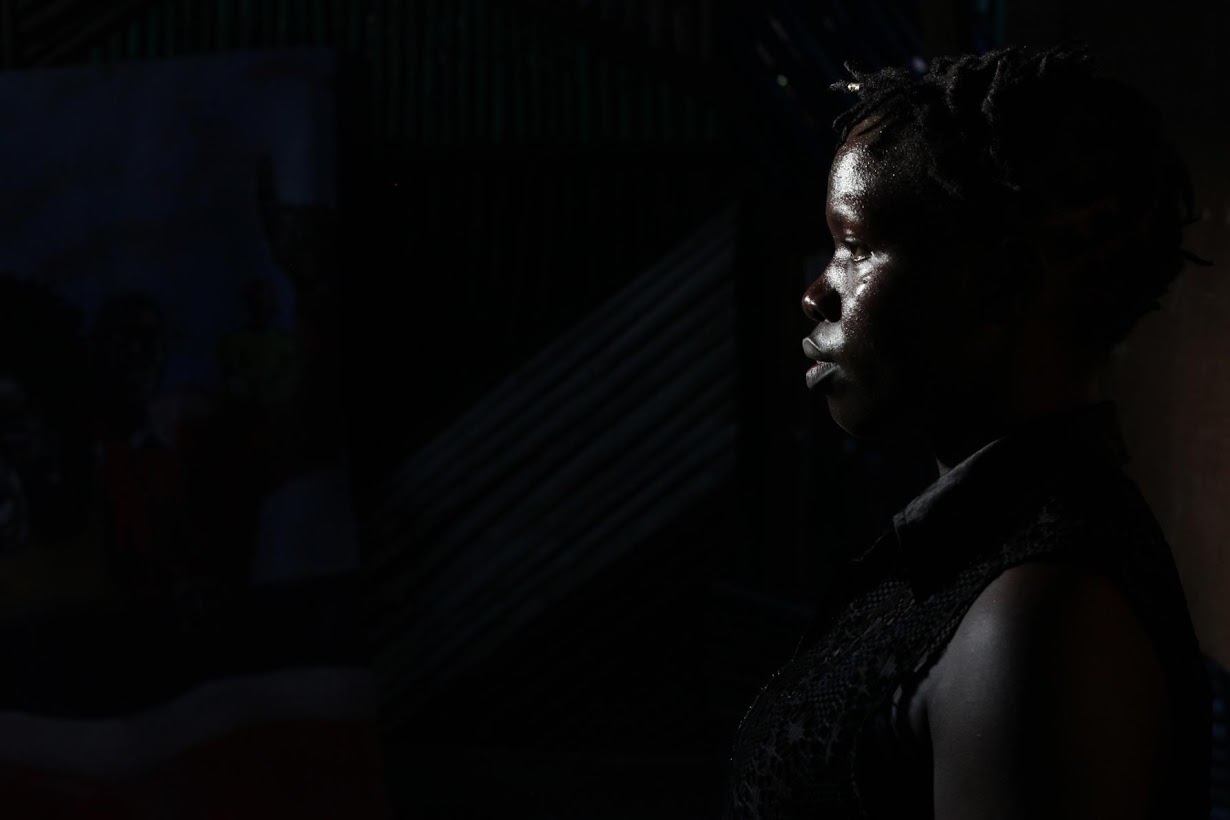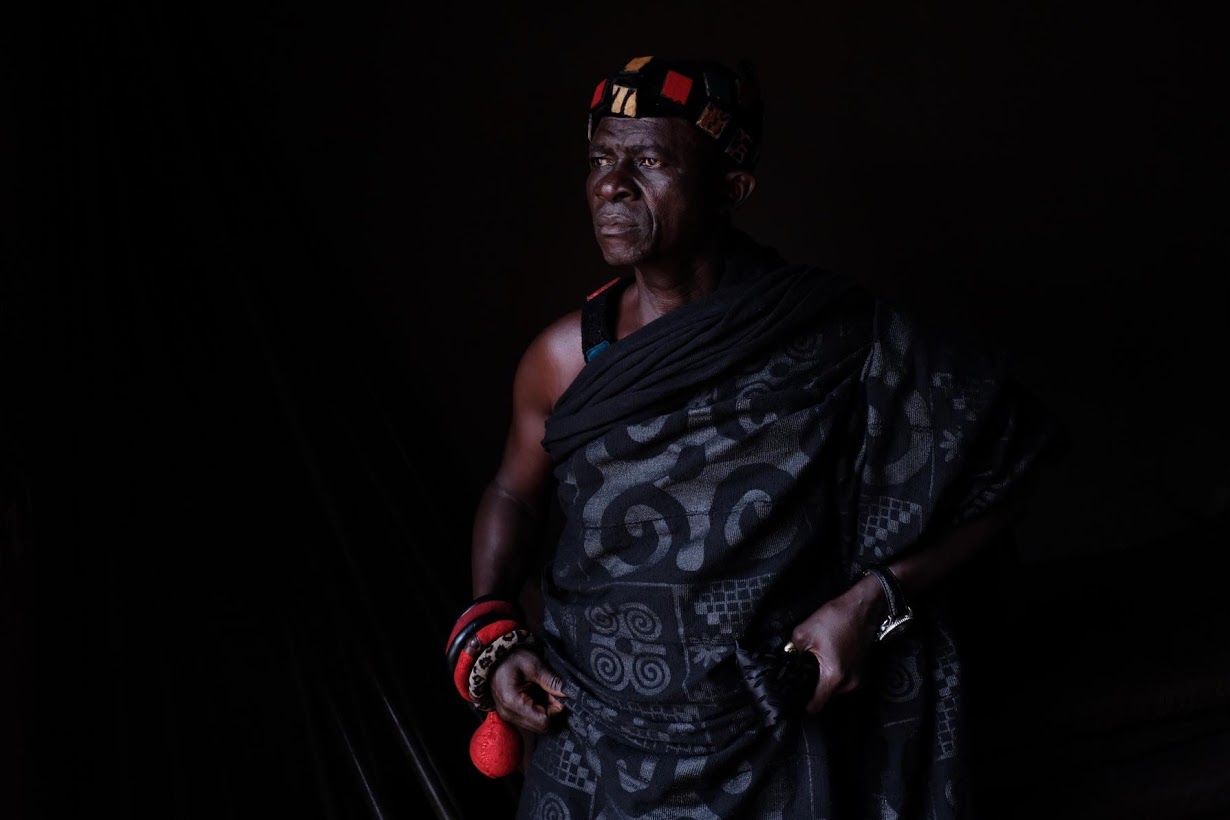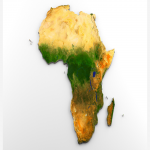CIVIL WARS IN AFRICA WE MUST NEVER FORGET.
Several conflicts have rocked various African countries over the years, leading to the death, injury and displacement of millions. There are current cases of political instability across the continent, with violence and unrest raging on in South Sudan, Burundi, and Somalia amongst other insecure countries. Against the backdrop of the unrest in these countries, we revisit seven civil wars in Africa, which we must never forget.
And also not to forget that
"All wars are civil wars, because all men are brothers".
SUDAN CIVIL WARS.
Modern Sudan was birthed on 1 January 1956. Prior to that, the occupying forces, Britain and Egypt, merged Northern Sudan and Southern Sudan in 1946. The South wasn’t a party to the discussions.
Both regions were very different in culture and religion, and were previously governed separately. Yet in 1953 Britain and Egypt agreed to grant the monolithic Sudan independence. By August 1955, four months before the ceremonial independence of 1956, civil war between soldiers from the South seeking regional autonomy and the central government in Khartoum begun. The war lasted for more than 16 years.
There would be an even longer second civil war, a record 22 years, between Sudan People’s Liberation Army and Khartoum government, from 1983 to 2005. Six years later and a referendum, a new country South Sudan was born.
NIGERIA CIVIL WAR.
Nigeria gained independence in 1960, seven years later the civil war also known as the Biafra War started, from 6 July 1967 to 15 January 1970.
Some of the immediate causes of the war were the 15 January 1966 coup, counter coup in July 28 1966, and the subsequent mass murders of Easterners (mainly Igbos) in Northern Nigeria.
UGANDA CIVIL WARS.
In 1894 the area which is now Uganda became a British protectorate. Shortly after, the British signed an agreement with Buganda, making it a constitutional monarchy. Buganda kingdom dates back to the 14th century, it is the largest kingdom in Uganda, and constitutes about 16% of the population.
In 1967 the monarchy was abolished. What ensued afterwards was a mesh of coups, of intra and inter-country wars, and plain horror from 1971 to 1986.
Under the present government, judging by its modern history, Uganda has been relatively peaceful. Though from the 90s till date, there has been an ongoing war with rebels of the Lord Resistant Army.
RWANDA CIVIL WAR.
Rwanda gained independence from Belgium on 1 July 1962. Prior to that, a referendum was held to determine if the monarchical system of government which had existed since the 18th century should be retained.
The results were overwhelmingly against keeping the Tutsi monarchy in an independent Rwanda. In 1959 the so called Rwanda Revolution happened, which led to the majority Hutu taking charge of the newly formed republic. The violence from the Revolution made refugees of thousands of Rwandans, most of them Tutsis.
On 1 October 1990 the Rwandan Patriotic Front (RPF), mostly Tutsi refugees who had fled to Uganda, launched an attack on Rwanda and began a war which ended temporarily in 1993, because of efforts of Organisation of African Union (OAU) now AU.
But in 1994 when a rocket shot down the plane carrying Presidents of Burundi and Rwanda, killing them both, the war started afresh and led to the Tutsi genocide.
LIBERIA CIVIL WAR.
When the 1980 coup happened, Liberia had been a republic for over 100 years. The coup unsettled the previously peaceful country and created the actors, the environment for the civil war which started in 1989 and ended in 2003.
MOZAMBIQUE CIVIL WAR
Unlike most African countries, Mozambique gained independence in 1975 through an armed conflict with Portugal. The war started on 25 September 1964 and ended 8 September 1974.
Two years after the war for independence, civil war between the ruling government and Mozambique Resistance Movement (RENAMO) started. Though that war ended in 1992, since 2013 there has been a resurgence of RENAMO militancy.
SOUTH SUDAN CIVIL WAR.
A country of people with similar cultures has been won, peace should reign, right? Wrong. In 2013, fighting broke out between Sudan People Liberation Movement (SPLM), the ruling party, and Sudan People Liberation Movement-In Opposition (SPLM-IO).
Peace talks between both groups have now broken down twice, and the United Nations Commission on Human Rights has warned that if something isn’t done by the international community there’s a possibility of another Rwanda happening.
NOTE.
Some of the factors which started most of these civil wars, like the fear of marginalisation, the fight over who controls a country’s natural resources, feelings of racial or ethnic superiority dogs us still. Most modern day African countries have been unable to shake-off their colonial history. A great many simply continued with the exploitative political structures bequeathed to them at independence. Others tried to replace colonial exploitation with an ethnic one, it resulted in civil wars.
Post 2005 Rwanda, demonstrates that there’s a lot to gain from talking about these traumatic events, and from holding people accountable for their actions in them. Also it's is important to us to agree than disagree because War does not determine who is right - only who is left.
"In peace, sons bury their fathers. In war, fathers bury their sons".
Herodotus
SAY NO TO WAR







